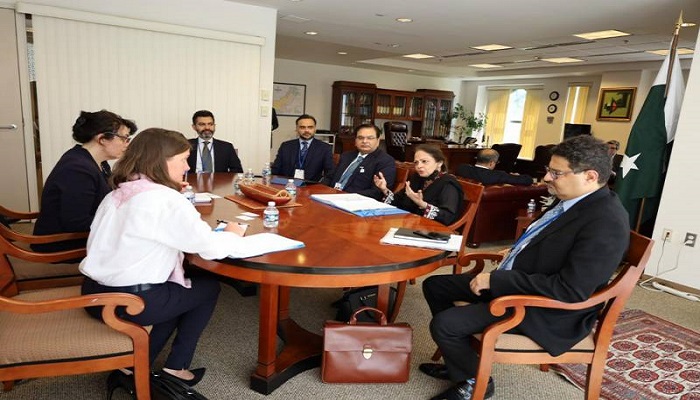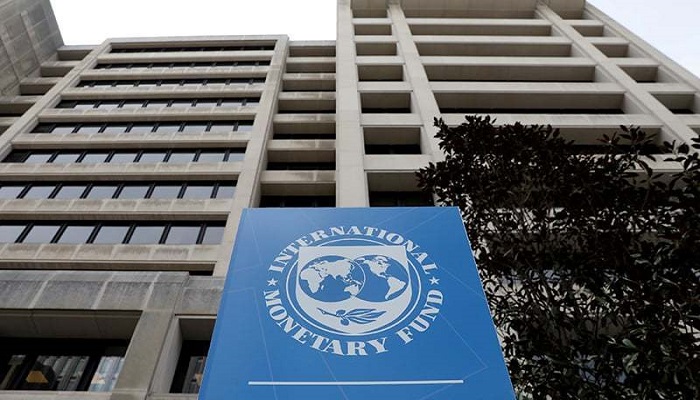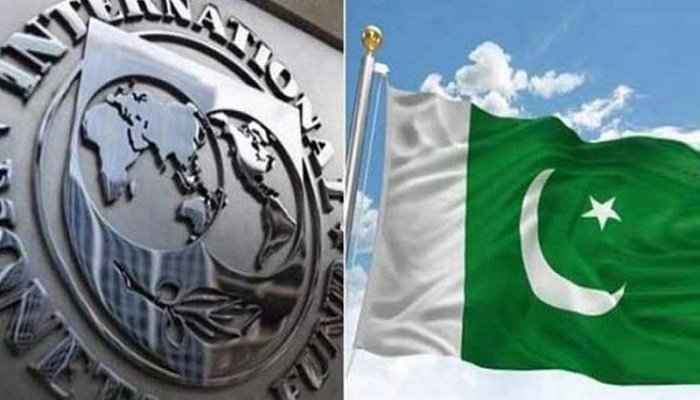The International Monetary Fund (IMF) has imposed six more conditions on Pakistan, among them higher power and income tax rates for individuals. The IMF has also criticized Finance Minister Shaukat Tarin’s first budget for escalating macroeconomic vulnerabilities.
The complete IMF assessment of Pakistan’s economy and the state of the $6 billion bailout package, which is set to expire in September, was revealed on Friday.
The IMF presented a thorough report on Friday detailing the state of Pakistan’s economy and the progress made in implementing the $6 billion bailout package, which is set to expire in September.

According to the IMF, Tarin’s first budget was the cause of the crisis. “The approved fiscal year 2022 budget marked a departure from the EFF objectives and contributed to rapidly increasing macroeconomic vulnerabilities,” it added.
Pakistan will have to comply with six more requirements up until June, according to the article. The salaries of the salaried class and those who own businesses affect the personal income tax rates.

The article states that the government will develop personal income tax (PIT) legislation this month to ensure that the new tax code is prepared to take effect on July 1 in conjunction with the fiscal year 2023 budget. It was reported that the (IMF) staff critiques recent policy changes that make it harder for the program to achieve its goals.
According to the publication, Pakistan still has six needs to meet before June. The personal income tax rates are influenced by the salaries of the salaried class and business owners.
According to the story, personal income tax (PIT) legislation will be created by the government this month to ensure that the new tax law is ready to go into effect on July 1 following the fiscal year 2023 budget. According to the IMF, the initial measures implemented in September 2021 did not succeed in cutting back on all net electricity subsidies. The government will now send the prior slab benefit under the second phase and raise the effective price of the unprotected slabs by at least 50 paise per unit.
By the end of February, NEPRA would need to approve the new tariff structure as the following step.
Mahnur is MS(development Studies)Student at NUST University, completed BS Hons in Eng Literature. Content Writer, Policy analyst, Climate Change specialist, Teacher, HR Recruiter.










